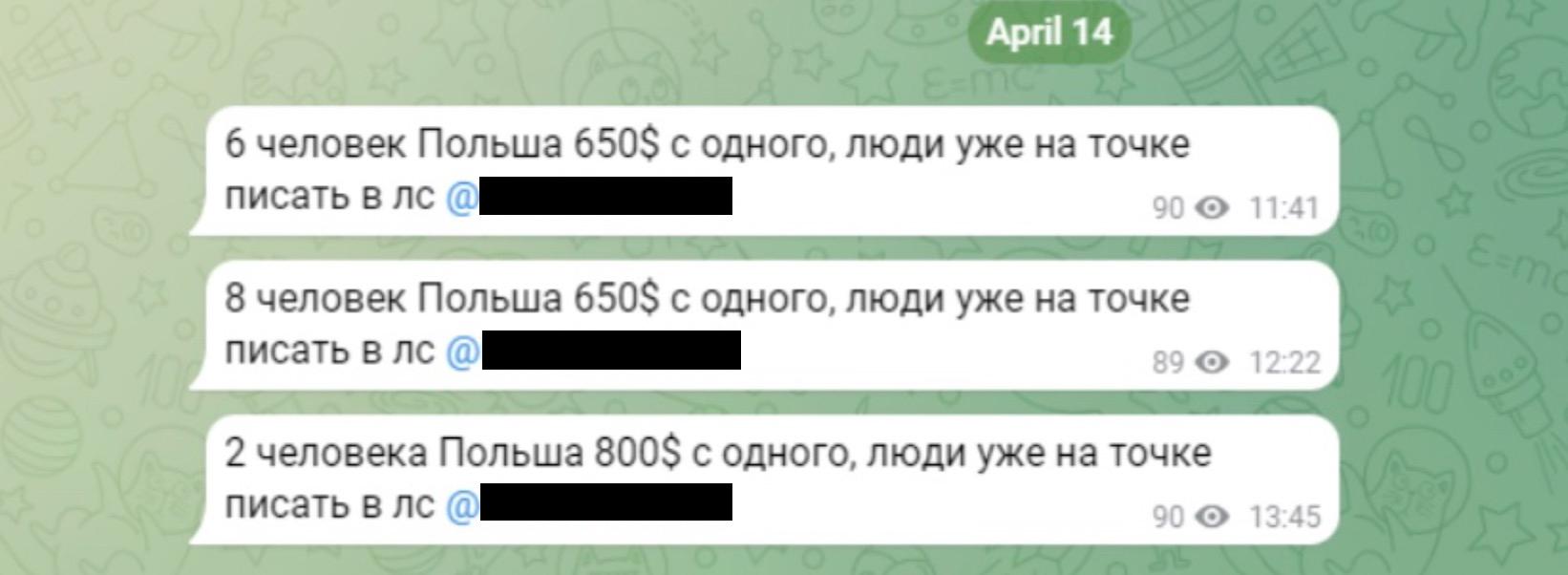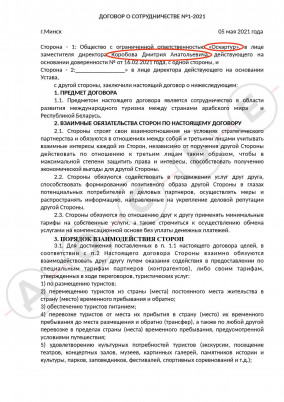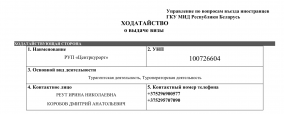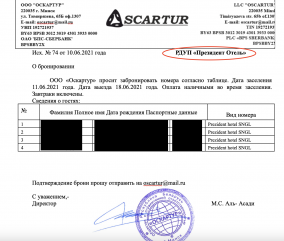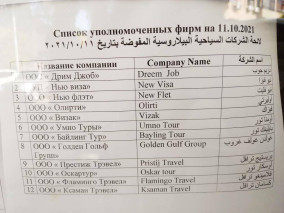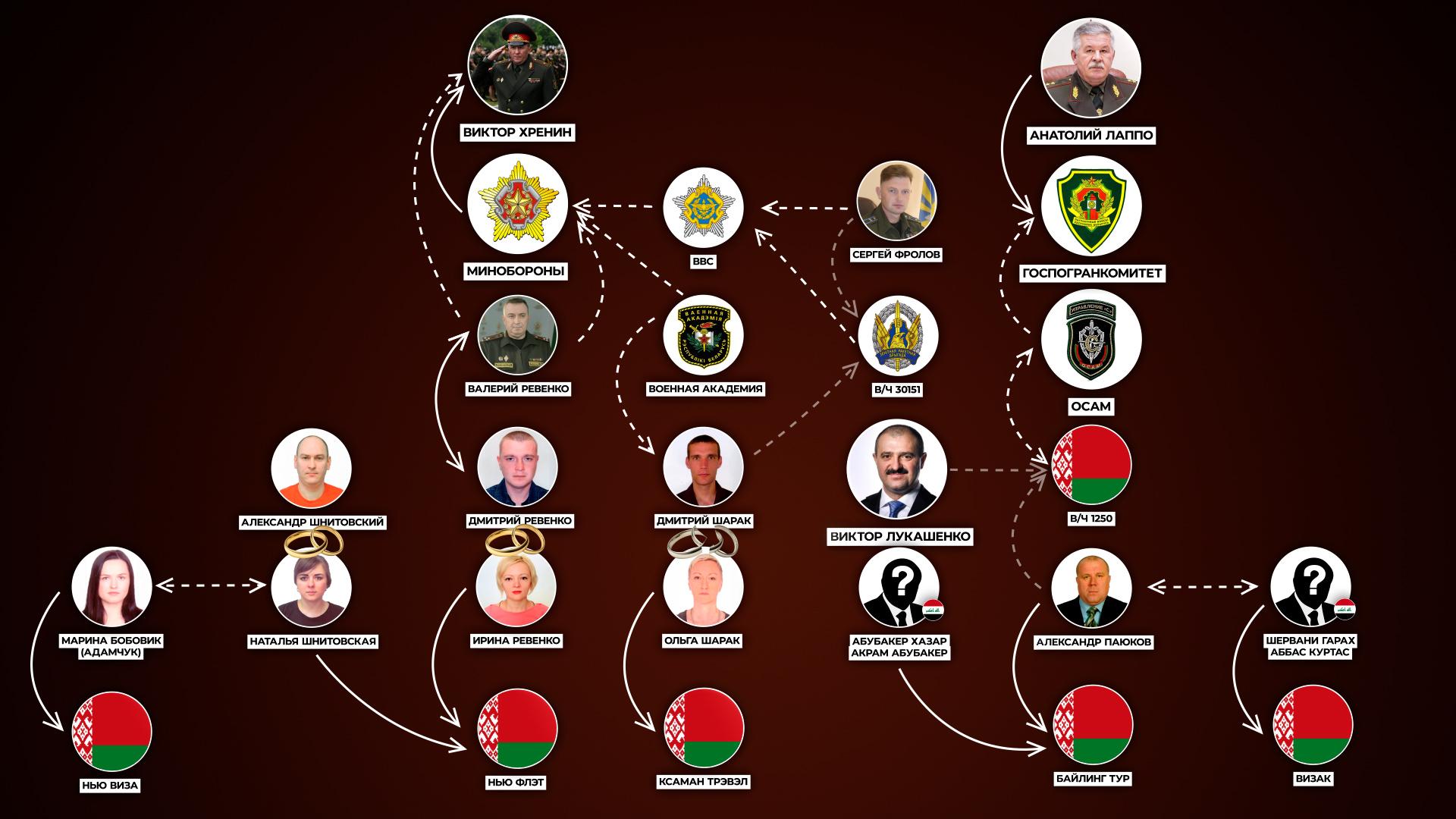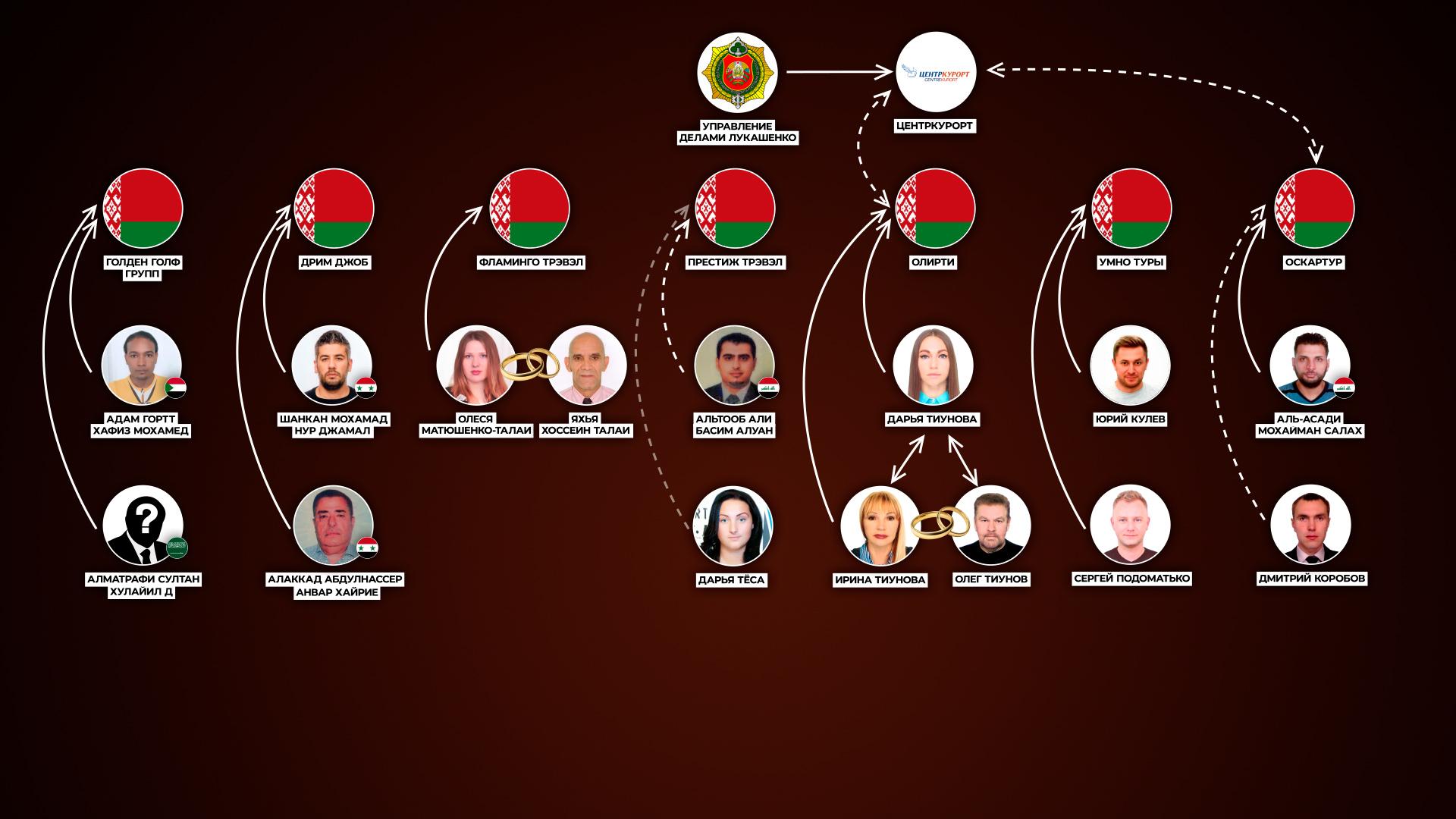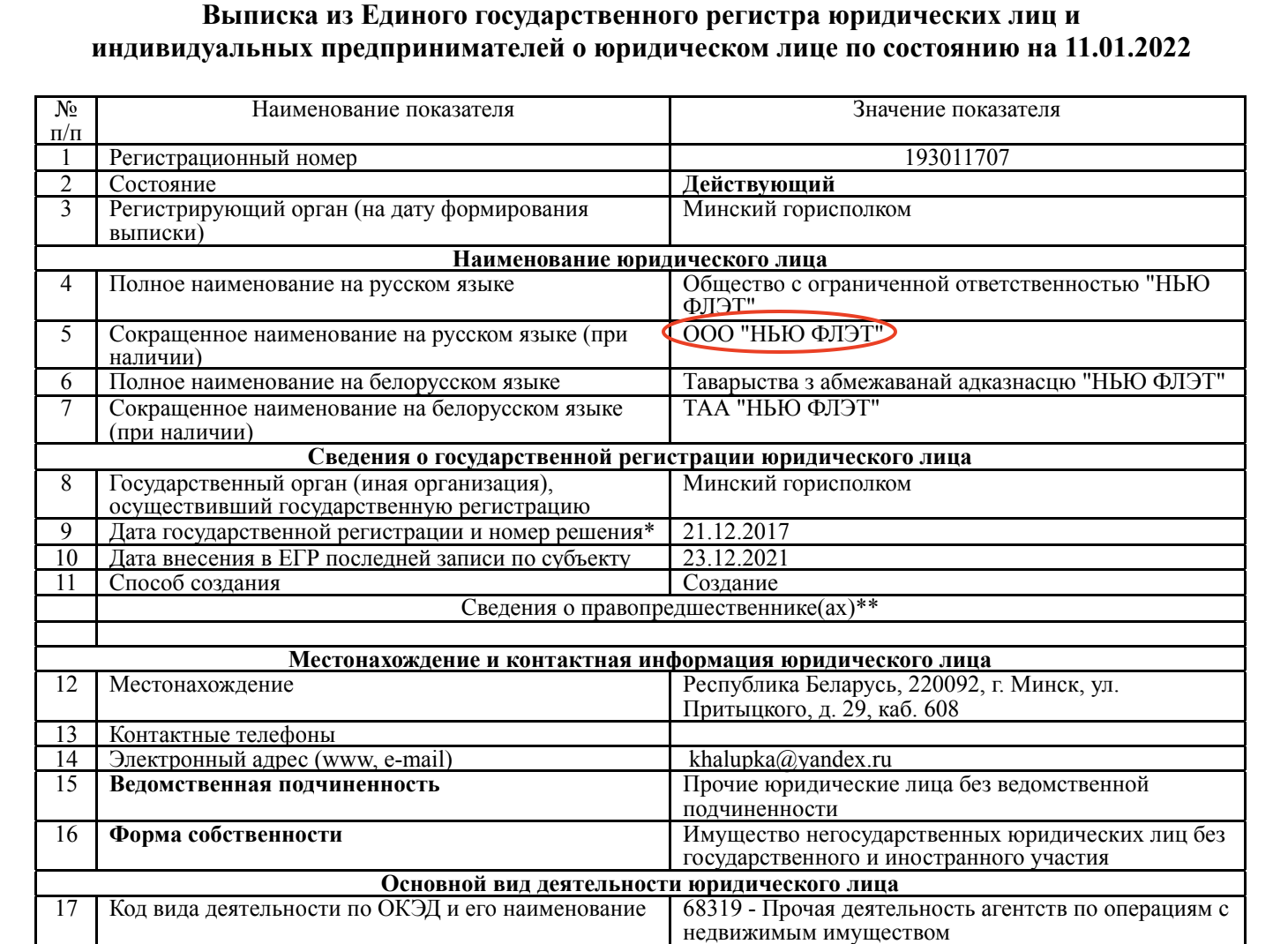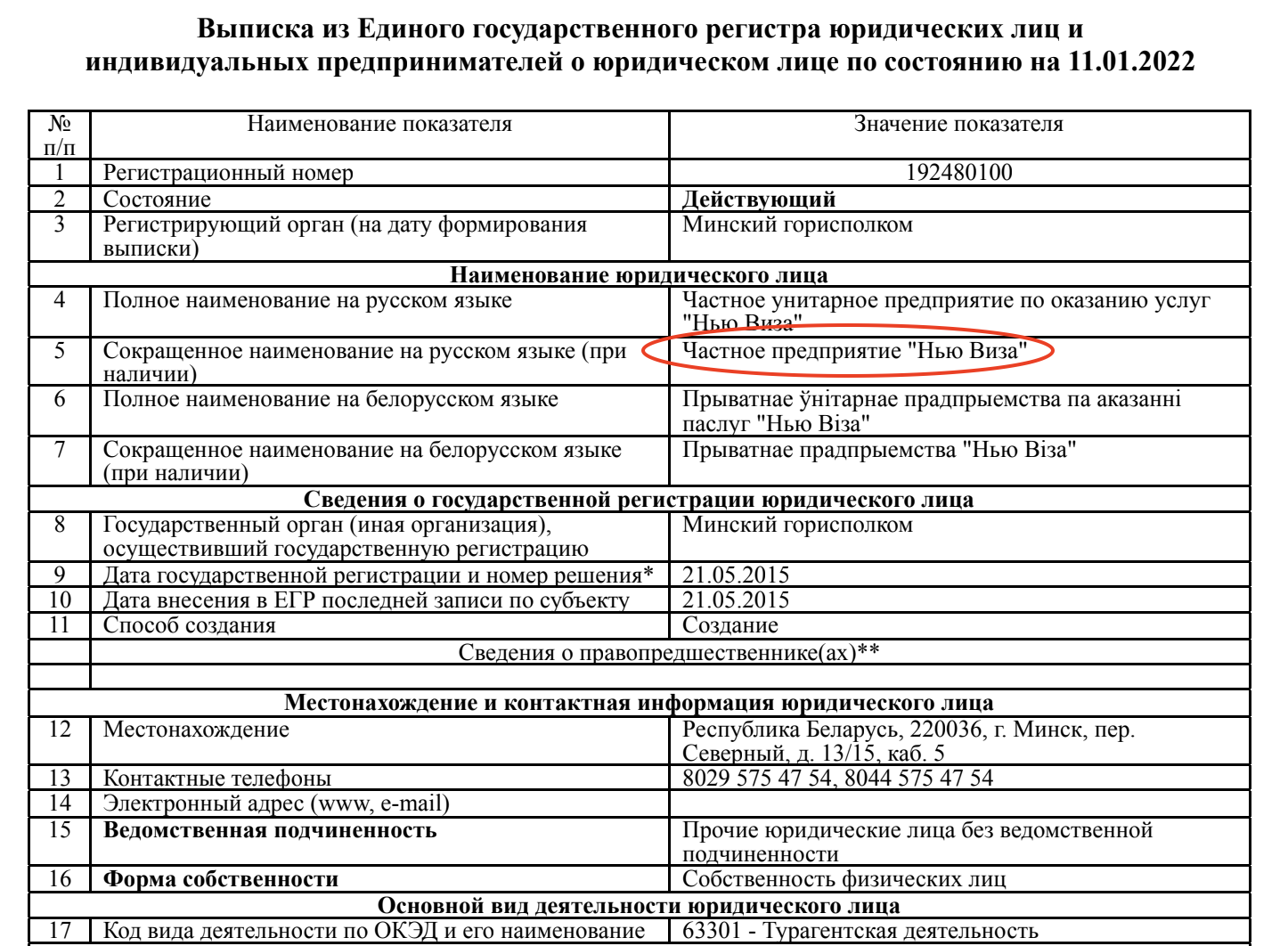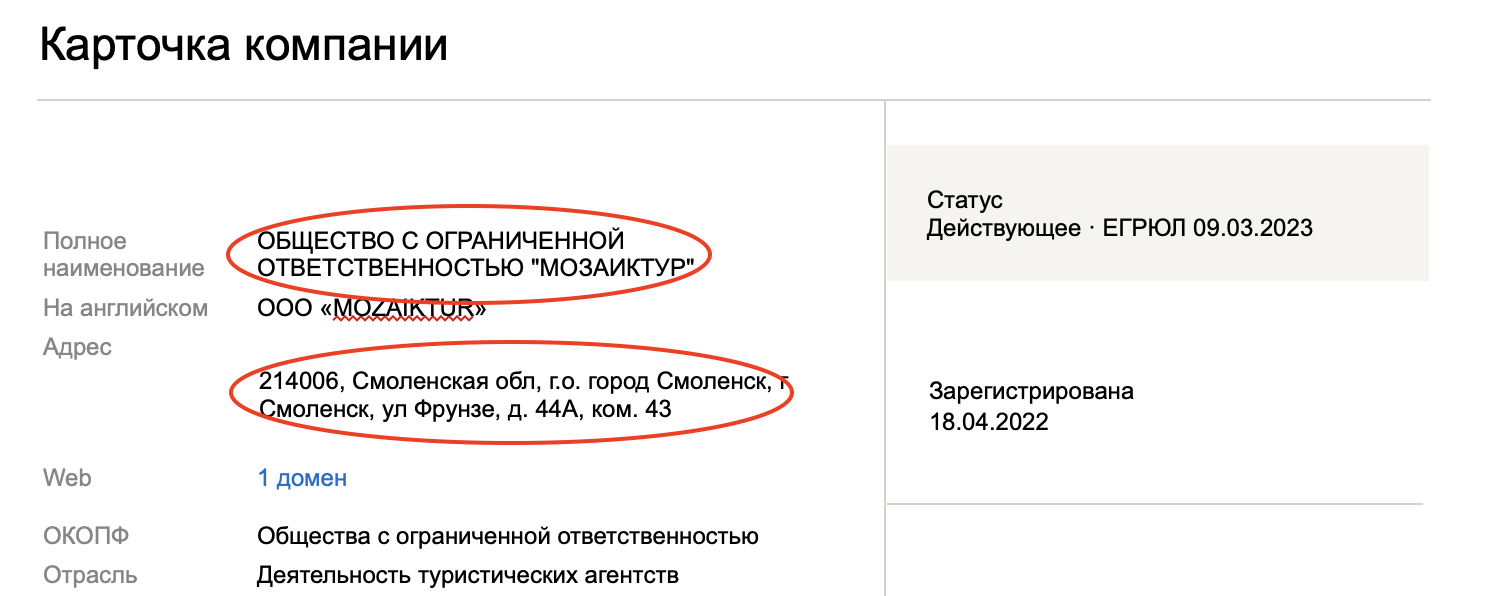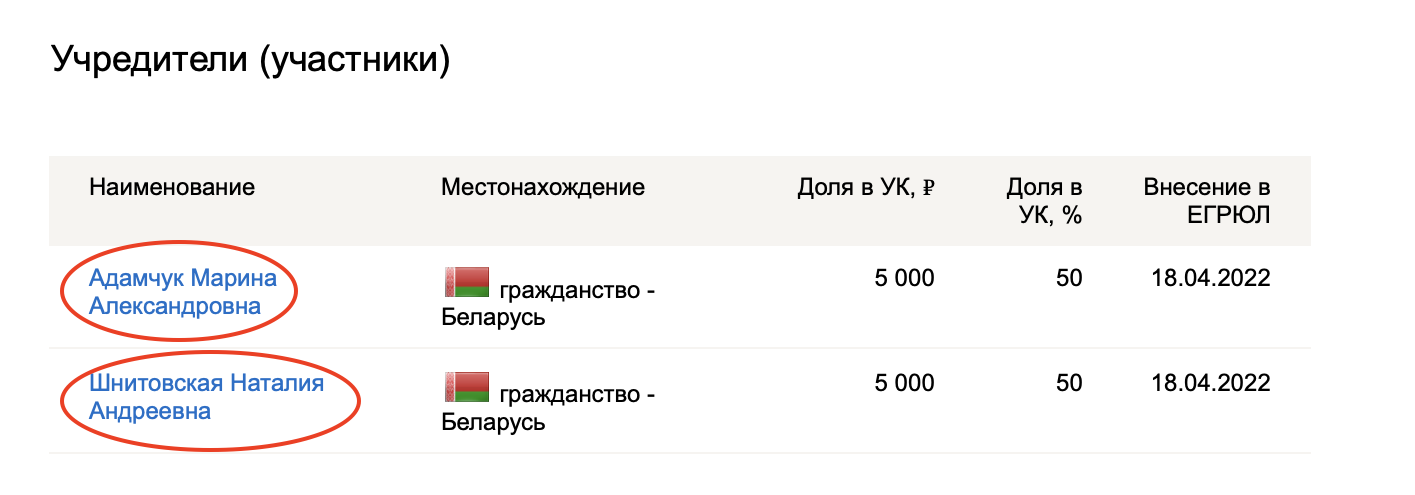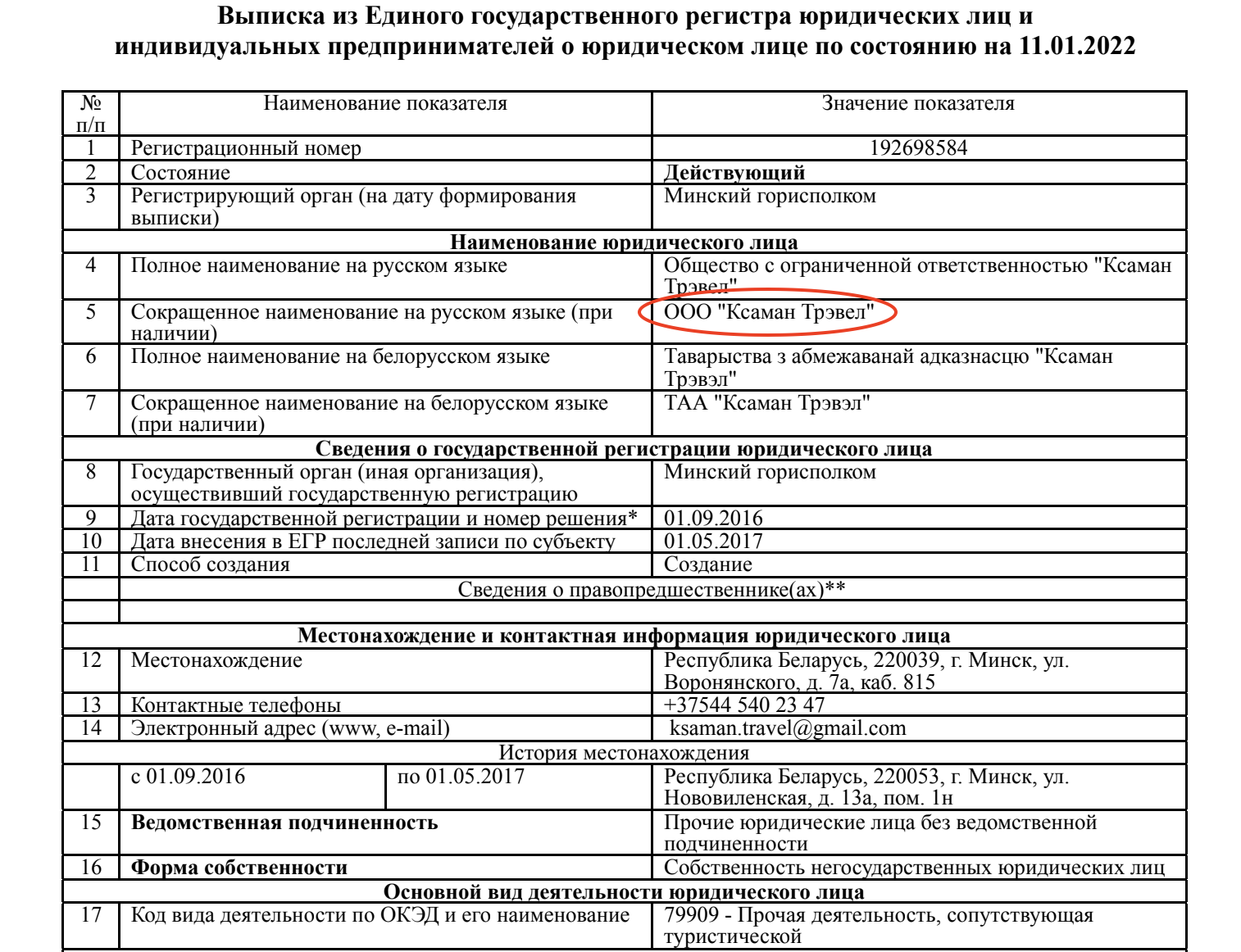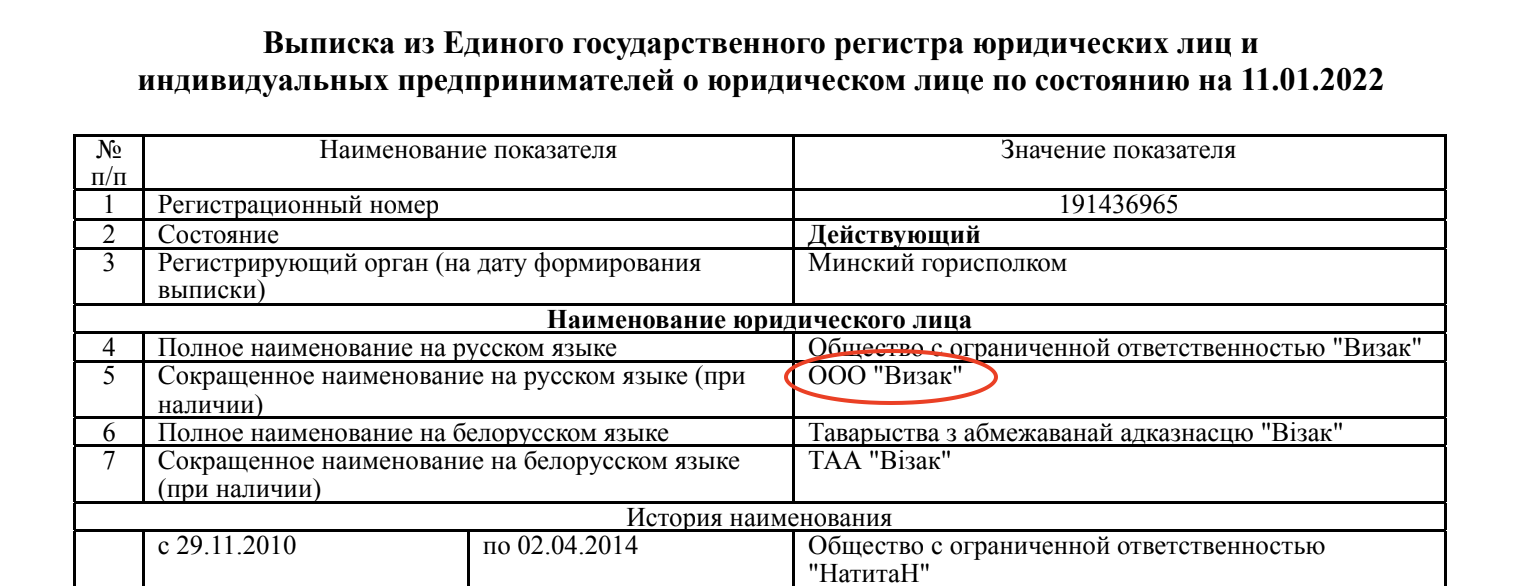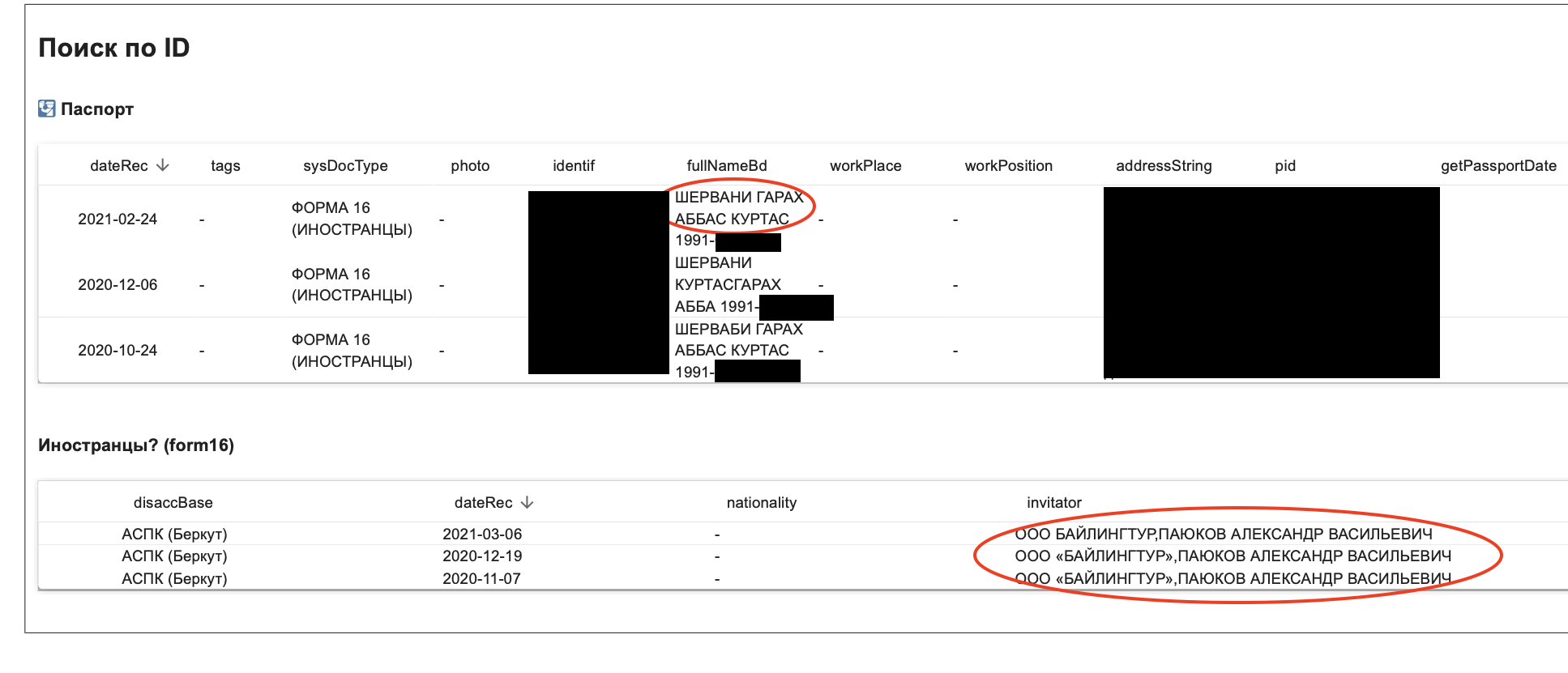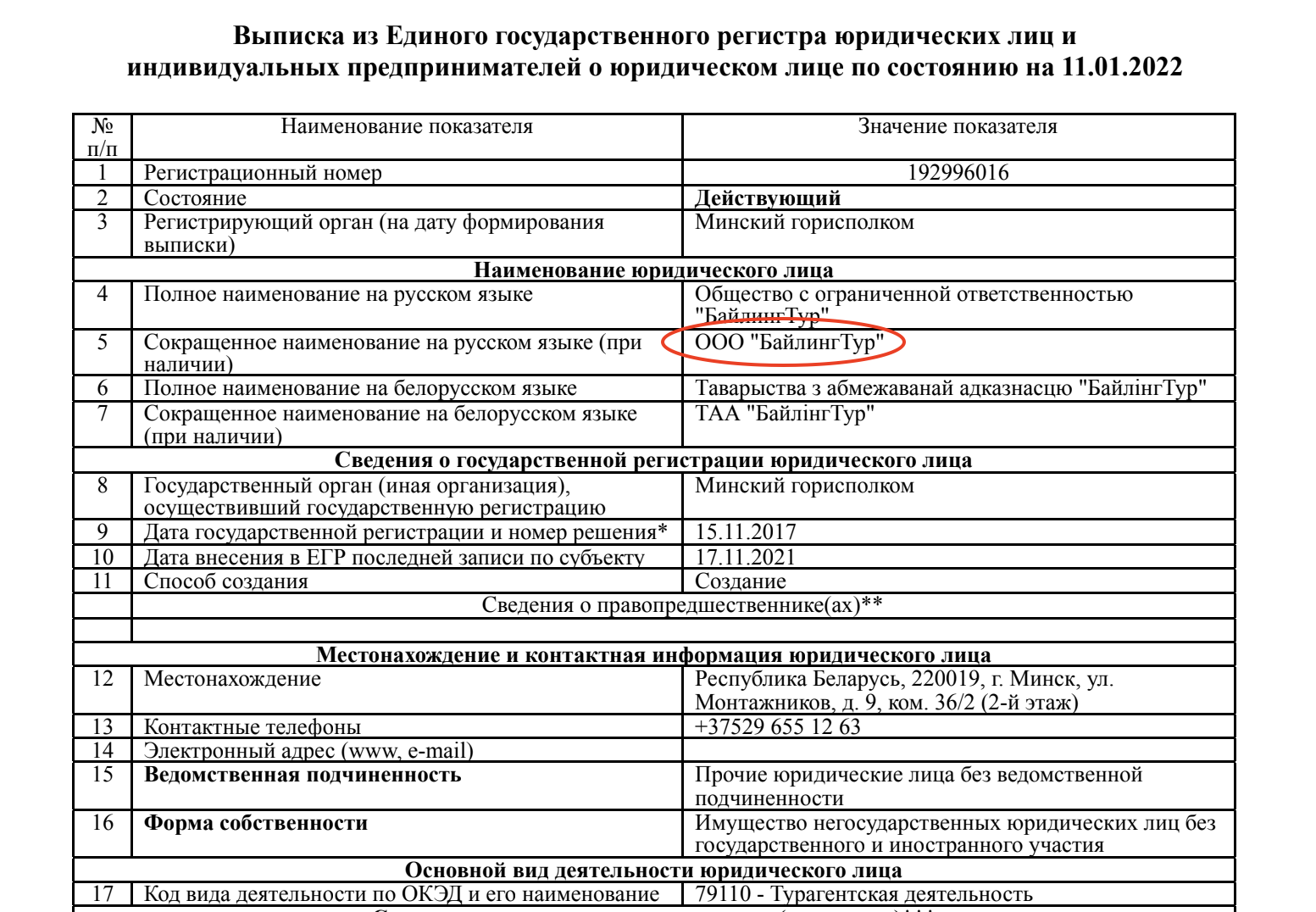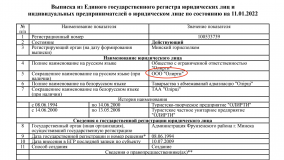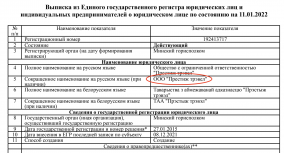This investigation was prepared with the support of a grant from the Investigative Journalism for Europe Foundation (IJ4EU).
This article was prepared jointly with Siena (Lithuania), Re:Baltica (Latvia), Fundacja Reporterów (Poland), and with the support of CyberPartisans.
Egypt – Russia – Belarus – EU, death or mutilation
In January 2023, a BIC journalist spoke to a migrant who was trying to enter the EU through Belarus. A man named Ibrahim resided in a hospital in Vilnius. He comes from Egypt, where he worked as a plasterer. In the autumn of 2022, he flew to Moscow “to work”, as he put it. A month later, he decided to make his way to the European Union.
“Back in Russia, I met a man who told me that he knew a contact who could transport me to any EU country. I had no plans for Lithuania specifically. I paid this smuggler €6,000 — my parents sent me the money. We walked through the forest using GPS points,” Ibragim told BIC.
The Egyptian made his way to the EU as part of a group of eight people. In his words, they easily crossed the border, without meeting anyone on their way. Shortly after that, however, the “contact” abandoned them.
“He said he would send the cars, and he sent nothing. We waited a day, two, three until we felt that our organs were starting to fail, that we were dying. We went out onto the road and started to catch the eye so that someone would notice us. The [Lithuanian – ed.] patrol car arrived and noticed us. Three of us were fine, they were not emaciated like the others. They were thrown back into the forest. And so there were five of us left,” Ibrahim told BIC.
Ibrahim was taken to the hospital with frostbite. He went on to say that he did not receive medical assistance for about two weeks. As a result, three fingers from each leg were amputated. A fellow traveler named Yusef was left without part of his right foot and four toes of his left foot. Another victim, Ahmad, had his finger amputated. Another one, Mohamad, had part of his finger cut off.
Ibrahim is now in a refugee camp and dreams that he will be able to walk again.
The math of illegal migration
Following the end of March 2023, the situation on the border between Belarus and the EU countries escalated again. About a hundred attempts to illegally cross it are recorded daily, according to Polish border guards. Germany is one of the most popular final destinations. The ministers of the interior of the lands of Brandenburg and Saxony demanded the introduction of stationary control on the border with Poland and the Czech Republic to stop the flow of illegal immigrants. Basically, these are citizens of Afghanistan, Syria, Yemen, and Turkey. First, they fly to Russia, and from there they go to Minsk or Brest, and then to the Belarusian-Polish border. They climb over the five-and-a-half-meter-high fence, built last year, using ladders, after making sure there are no Polish border guards nearby. They then go into the forest for several kilometers, where they are picked up by pre-hired drivers and taken to Germany.
Anyone can work as such a driver. Ads are placed in open telegram communities through anonymous accounts. BIC journalists responded to one of these proposals and ended up in a chat where orders for the transportation of migrants are placed.
In April, they counted over 1,400 orders. At that time, an average of $650 was offered for transporting one person. That is, the organizers of illegal transportation from Poland to Germany could pay drivers about $1 million per month.
BIC estimates that about the same amount was spent on air tickets to Moscow from Afghanistan, Iran, and Turkey, as well as the delivery of migrants to the Belarusian-Polish border. That is, the coordinators of this flow spent about $2 million in a month. To estimate their income, the BIC journalists talked to several migrants who used this scheme. On average, on their way to Germany from their home countries, each paid $ 9.5 thousand.
As found by BIC, the organizers of illegal transportation could deliver about 1,400 people to Germany in a month. This would bring them about $13.5 million. After deducting $2 million for migrant tickets and driver fees, they had almost $11.5 million in net income.
BIC does not know who is behind the current wave of the migration crisis. However, investigators found out who stood at its origins two years ago. To this end, they studied the wiretaps of the Belarusian security forces, provided to them by CyberPartisans.
From public to private crime
The migration crisis on the EU-Belarus border began in June 2021. At that point, Aleksandr Lukashenko said he would stop preventing people from trying to illegally enter the European Union. This was presented as a response to EU sanctions for the forced landing of a Ryanair aircraft with Raman Pratasevich (Roman Protasevich) on board. However, BIC analysts believe that the Belarusian authorities started planning the provocation earlier.
On May 5, 2021, a former employee of the Department of the Ministry of Internal Affairs for Combating Economic Crimes, Dzmitry Korabau, on behalf of the Oscartur company, secured an agreement with the Centrkurort company, which forms part of the Lukashenko Affairs Department. The subject of the agreement is cooperation in international tourism between the Arab world countries and Belarus.
Five days later, on May 10, Fly Baghdad opened a direct flight to Minsk and “tourists” from the Middle East began to come to Belarus. Many flew in at the invitation of Centrkurort. BIC received applications for May-June 2021, which the company sent in hundreds to the Belarusian Ministry of Foreign Affairs for issuing visas to citizens of the Middle East.
Most of the "tourists" came to Minsk ostensibly to hunt in the republican association Belarusian Society of Hunters and Fishermen. On the recommendation of the Council of Ministers, the ex-Minister of the Interior Ihar Shunevich was appointed its chairman at the end of October 2021.
The Iraqi "hunters" were accommodated in the hotels runs by the Presidential Administration.
After this information hit the media, the scheme changed: invitations to Belarus ceased to be issued by structures associated with Lukashenko and were now issued by private companies.
This right was given to 12 firms - their list was published by the Belarusian Embassy in Damascus. BIC analyzed the list of owners and managers of companies. Most of them are related to law enforcement agencies: the border committee, the Ministry of Internal Affairs, and the army.
In military uniform, under the guise of a travel agency
The Belarusian authorities have included New Flat in the list of 12 monopolists. Back at the time, it belonged to Iryna Ravenka, the wife of a policeman.
A much more important position is occupied by his brother, Valery Ravenka. In March 2022, he became Chief of the International Military Cooperation Department and Assistant to the Defence Minister for Foreign Military Policy. Prior to his promotion, Valery Ravenka worked in the same department as deputy head.
In December 2021, when the migration crisis was resolved, Iryna Ravenka sold New Flat to Natallia Shnitouskaya.
Her husband works as a platoon commander of a company of the patrol police service of the Central Internal Affairs Directorate of the Minsk City Executive Committee.
From Shnitouskaya’s profiles on social media, BIC learned that she was communicating with the owner of another company from the list authorized to issue Belarusian visas to Iraqis. We are talking about the New Visa company and its leader Maryna Babovik. She is now most likely divorced, because she uses her maiden name Adamchuk in her new business activities.
Together with Shnitouskaya, they have owned a travel agency in Smolensk since 2022.
In the same year, the women vacationed together in Tenerife.
Another travel agency that issued visas to Iraqis is Ksaman Travel. Its co-owner Volha Sharak was married to Dzmitry Sharak.
He served under contract in military unit 30151 located in Fanipol.
This unit is the point of permanent deployment of the headquarters of the 15th anti-aircraft missile brigade of the Northwestern operational-tactical command of the Air Force and Air Defense Forces. Dzmitry works at the Military Academy. By 2022, he rose to the rank of lieutenant colonel and holds the position of head of the Department of automated control systems for troops of the faculty of Communications and automated control systems at the Military Academy.
In the privileged list was the company Vizak, headed by Iraqi Sherwani Garah Abbas Qurtas.
He was invited to Belarus by Aliaksandr Payukou, the head of the Bailing Tour company. It was also one of the 12 migration traffic monopolists.
Payukou is a former border guard, and officer of military unit 1250.
The media reported that it was there that Viktor Lukashenko served in the army. In the same unit, the OSAM border special forces are based. In 2001, Payukov was awarded the medal for Excellence in the State Border Protection by Lukashenko's personal decree. BIC suggests that he coordinated illegal migration flows 10 years ago.
In 2012, a court in Lublin, Poland, opened a criminal case against 47-year-old major of the Belarusian Civil Procedure Code Aliaksandr P. Aliaksandr Payukou, an employee of the border service of the Republic of Belarus, was the same age back then. Aliaksandr P. was suspected of transporting about 1.3 thousand illegal immigrants, mainly from Asia, across the Belarusian-Polish border. Polish investigators found out that he was part of an organized criminal group that had been operating for 8 years. Illegal migrants paid coordinators $5,000 for delivery to the EU from Vietnam and €6,000 from China.
According to media reports, Belarusian border guard Aliaksandr P., suspected of organizing this scheme, was detained at the entrance to Poland in March 2011. BIC learned from CyberPartisans that on March 15, 2011, Aliaksandr Payukov had just left Belarus for Poland through the Brest checkpoint. Brest is the nearest large Belarusian city to Lublin, where the criminal case of Aliaksandr P. was tried.
In a telephone conversation with BIC, Aliaksandr Payukou could not clearly explain the nature of these coincidences or refute them.
The BIC found no connections with law enforcement agencies among the leaders of the Olirti company. However, the figures of its leaders are no less interesting. The business is registered to Irina Tiunova and her daughter Darya.
In 2011, Irina was convicted under a criminal article of evasion of repayment of accounts payable on a large scale. Darya, on the other hand, worked for the pro-Kremlin TV channels Rossiya 1 and NTV. The father of the family, Aleh Tsiunou is an Honored Artist of Belarus. In 2015, he performed in the self-proclaimed DPR.
Among the 12 visa monopolists was the Prestige Travel company. Until August 2021, it was led by Darya Tsiosa.
She has priors for smuggling foreign citizens into Belarus, forging visa applications, and falsifying contracts for the provision of tourist services.
Since November 2021, when the EU and the US announced a new round of sanctions against Belarus, all firms from the list of 12 monopolists have suspended their activities. The owners of two companies told BIC about this. Investigators tried to contact other firms, but these calls went unanswered. From a person close to Dzmitry Korabau, the BIC journalists learned that since February 2023 he has been under investigation in the Minsk №1 pre-trial detention center for organizing illegal migration through the Oscartur company.
The real price of provocation
Illegal immigrants now enter Belarus not straight from their countries but through Russia. This flow intensified last year after Moscow lifted the pandemic restrictions on flights from the Middle East.
By May 2023, Polish border guards had found 26 victims of the migration crisis on the border with Belarus. Reporters and activists state that the actual figure is 45 dead on both sides of the Belarusian-Polish border.




